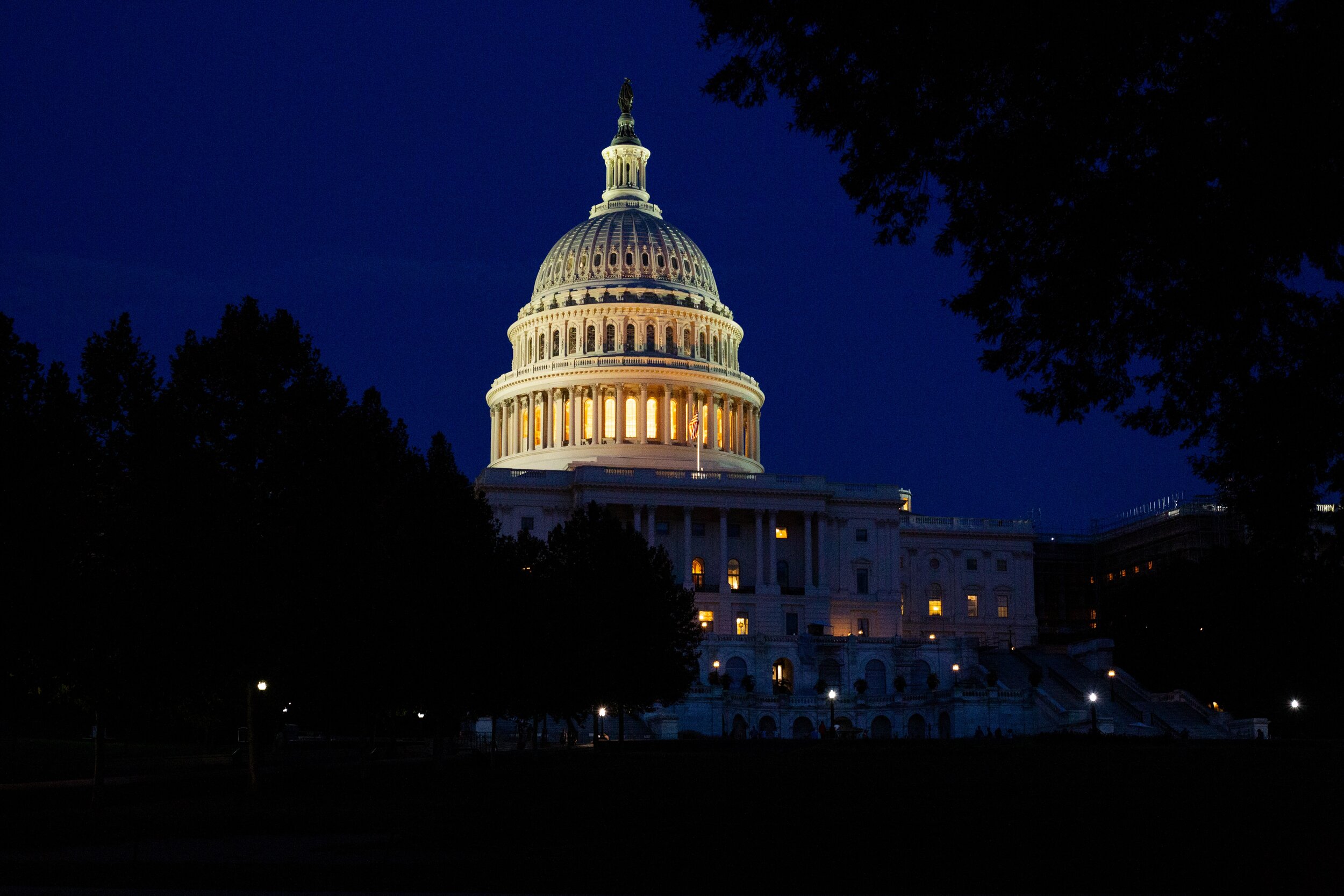2020 Israel Anti-Boycott Act Attacks #RightToBoycott—Again
/Capitol Hill. Photo by Darren Halstead on Unsplash
Last week, House Republican lawmakers introduced a new version of the Israel Anti-Boycott Act (IABA). Like previous versions, the 2020 IABA would criminalize participation in boycotts of Israel, singling out boycotts of illegal Israeli settlements.
“The bill illustrates the willingness of primarily Republican lawmakers to quash free speech in the US in order to help Israel evade any form of accountability for its violations of international law,” said senior staff attorney Meera Shah.
While this year’s bill differs slightly from previous versions, it fundamentally remains the same: amending U.S. export law to fine and punish entities that participate in boycotts of Israel.
The 2020 IABA would amend the Export Control Reform Act (ECRA) of 2018, a successor to the Export Administration Act of 1979 targeting the Arab League boycott, to prohibit U.S. businesses, governments, nonprofits, and representatives thereof from complying with or supporting boycotts of Israel.
For example, the act would apply to ethical business owners seeking to follow socially responsible practices that comply with international law, their own human rights values, or guidelines set by international government organizations like the European Union or United Nations with regard to businesses operating in Israel’s illegal settlements.
If the U.N. Human Rights Council urged companies not to profit from illegal West Bank settlements and a business owner stopped working with a company operating in a settlement in response to this suggestion, the business owner would be in violation of this law.
Other prohibited actions under the act include "furnishing information" in response to “efforts by the United Nations Human Rights Council to collect information for the establishment of a database of entities that operate, or have business relations with entities that operate, beyond Israel’s 1949 Armistice lines, including East Jerusalem.” A human rights organization that shared its research or data on settlements, for example, could be liable under this provision.
The bill’s rejection of international accountability efforts is in line with recent State Department condemnations of an E.U. rule requiring the labeling of products made in Israeli settlements, and U.S. diplomats pressuring lawmakers in Ireland to oppose anti-settlement legislation.
Violations may be punishable by severe fines—up to $300,000 in civil cases and up to $1 million in criminal cases. The possibility of prison time included in previous iterations of the law has been removed.
As with previous versions, the 2020 IABA conflates coercive commercial boycotts—like that of the Arab League boycott where U.S. companies were forced to boycott Israel as a condition of doing business with other foreign parties—with constitutionally protected political expression in support of Palestinian rights.
But organizations that support U.N. or E.U. positions on not doing business with illegal settlements would likely be doing so for ethical and political reasons—in support of Palestinian rights and international law standards, given that there is no coercive element involved.
The first version of the IABA was introduced in 2017 and would have imposed criminal penalties on those who engaged in a boycott of Israel—originally proposing a $1 million fine and prison time. The bill was repeatedly revised in 2018 but failed to pass before the end of the congressional term due to huge outcry from over 100 civil and human rights groups and even the NYT Editorial Board.
The IABA in the last Congress had 76 democratic cosponsors. This year, Representative Lee Zeldin (R-N.Y.) introduced the bill, joined by 58 Republicans and a lone Democratic cosponsor. This indicates that supporting suppression of BDS is becoming a liability for Democrats, and is increasingly perceived as right-wing censorship of protected political speech.
Trump’s December 2019 executive order aimed at silencing criticism of Israel further confirms this trend, placing undermining the movement for Palestinian rights at the top of the Trump and Republican agendas.
Read more about legislative efforts at our Right to Boycott page. See here for analysis from Lara Friedman of the Foundation for Middle East Peace.


